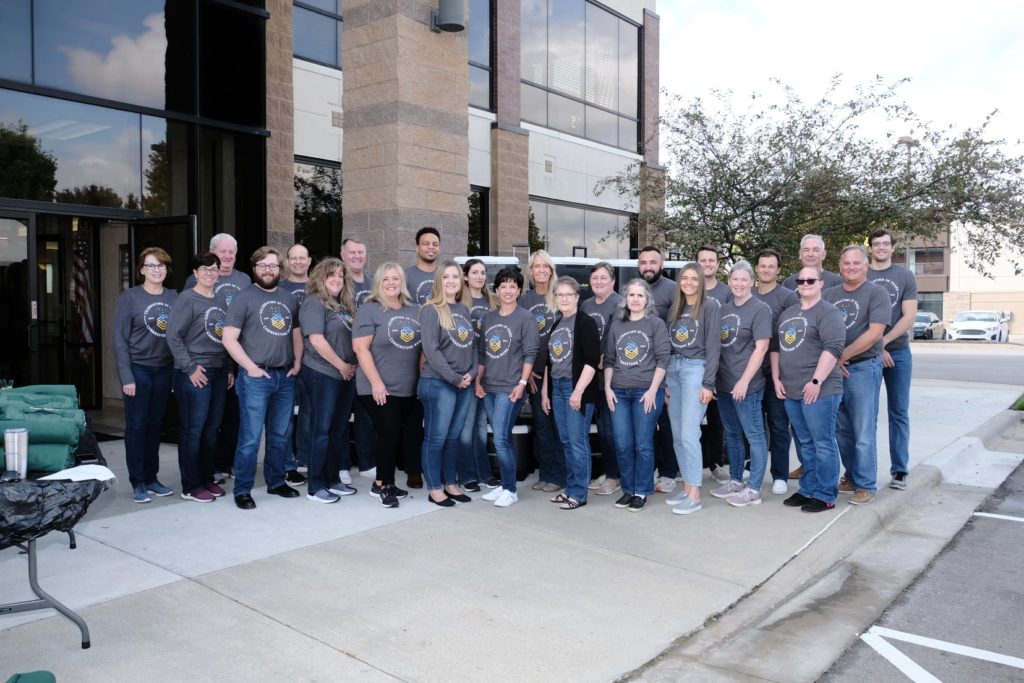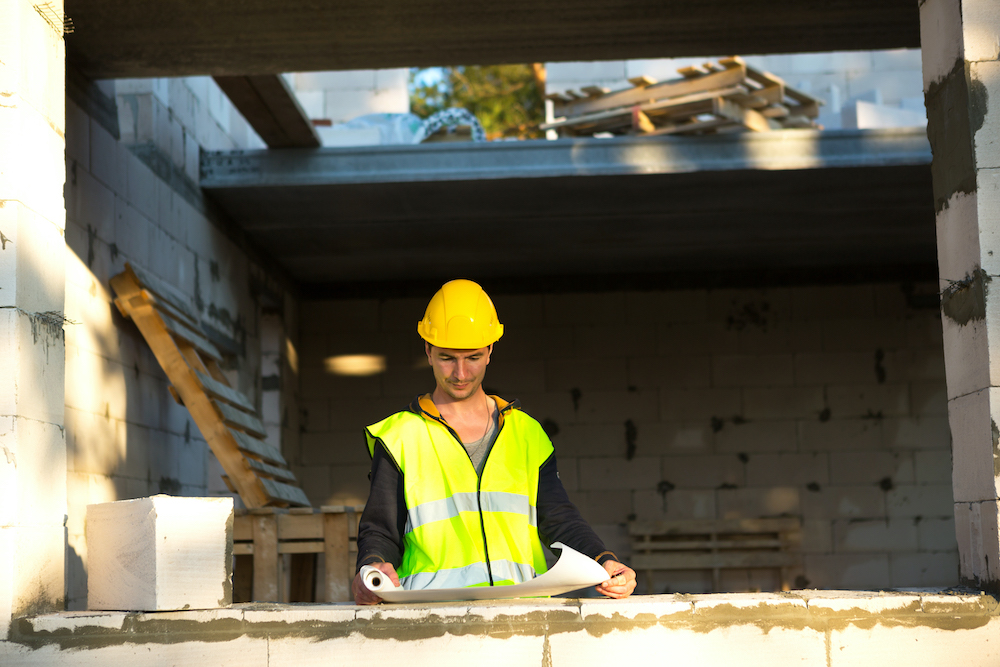
A bank is a financial institution where you deposit money, get loans, and keep the monetary wheels of your life rolling. But what makes banks different from each other? And importantly—what is a community bank?
In Overland Park, Cornerstone Bank thrives as one of the few community banks in the city. Read on to learn more, and contact us if you have any questions about banking differences. We’ll answer honestly, because banking for us is about the trust we build and the relationship we keep with our community.
How the FDIC “defines” a community bank
In a study done by the FDIC, guidelines for what constitutes a community bank include:
- Less than $10 billion in consolidated assets
- Traditional banking services at a local level
- Acceptance of deposits locally
- A larger provision of local business loans
It goes on to say community banks are usually privately owned and controlled locally, in the community in which they operate. For example, Cornerstone Bank can call itself a “community bank” because it meets all of the above criteria.
The most common defining factor: You.
This might surprise you, but there is no concise definition of “community bank”—in Overland Park, Kansas City, Lenexa, or anywhere else, though the FDIC has attempted to begin that process. But customary expectations exist across the board about how a “community bank” would operate.
According to Investopedia.com, a community bank primarily serves individuals and businesses in a specific, smaller geographic area. They go on to mention that community banks emphasize personal relationships with their customers.
Bankrate.com says it’s a locally owned and locally operated financial institution. One of the strong appeals? The “social relationship” the bank holds with its customers.
In an FDIC study on community banks, they describe these institutions as “relationship” bankers instead of “transactional” bankers. According to the report, community banks often have specialized knowledge about the community, and base credit decisions accordingly.
Do you see what all of these “definitions” have in common? The relationship between the community bank, and the community.
Why is a relationship with my bank important?
Your bank should see you as more than a balance on a spreadsheet. Plus, your personal integrity, your vision, your initiative matter too. And your bank should get to know you so that when you need a loan, the approval process includes all the important details.
What you can expect from a community bank
If you’ve not worked with a community bank before, you should find a greater degree of personal attention and customer service than at the large corporate institutions. Some of the differences you’ll experience when you bank at a community bank should include:
- Shared growth. Your success is their success.
- The local customer matters. You’re not just a number, you’re a person.
- Smaller size and local control allows stronger localized decisions.
- Customer service that goes above and beyond what you’d expect.
Customer service is key to the personal relationship your community bank has with you. For example, at Cornerstone Bank you’ll get phone contact numbers for after-hours questions.
Community banks at-a-glance:
- Make up roughly 99% of all commercial banks
- Generate 60% of small business loans
- Farming partner, with over 80% of all agricultural loans
- Local employer, with over 700,000 people on the payrolls

How to make sure it’s a community bank
When seeking to move your banking needs to a community bank, here are some questions you could ask to determine whether it’s a community bank.
- Are they locally owned and operated? We believe the best community banks are.
- How personalized are the banking services? Are you, the customer, expected to do most of your banking without human contact, or are people available in-person to help you right here in the community?
- What are the fees? You’ll need to see the fees and compare them to other banks. A community bank usually has smaller fees (if any!) and lower interest rates.
- What’s their current asset amount? The FDIC classification cut-off is $10 billion. Most community banks have $1billion or less in assets.
- Where else do you have branches? Usually, community banks only have branches in their region, and frequently only in their community.
FAQ’s
We get a number of questions from small business owners and personal-banking customers about how a community bank operates.
Are community banks federally regulated?
Yes. Every community bank must be FDIC insured, which requires federal regulation.
How do community banks make money?
For the most part, community banks generate revenue from loan interest.
Larger banks generally seek more outward-facing, non-community vehicles to earn money than a community bank. And larger banks might have different divisions that perform different business functions well outside of a community focus, including more non-local investment strategies that earn them percentages.
Do community banks offer digital access?
Most definitely. Being smaller doesn’t mean minimized access to services. Community banks are online, available on mobile, and wonderfully—answer phone calls, too. See your community bank’s website for details on their access. And call them for a personal explanation too. They’ll take the time to help.
Bigger banks mean faster business loans, right?
Not really. At a community bank, you are more likely to speak directly to the decision-makers about your small business loan. At larger banks, and especially the huge online banks, you may have to go through more layers of approval.
Also, due to the nature of community banks, they can make decisions more quickly, and work more personally with you as a loan applicant. They know the local economy, and they can more clearly see how your small business can succeed.

The community bank difference in Overland Park
A community bank is defined most commonly by the relationship it has with you. At Cornerstone Bank, we believe firmly in this principle of service.
So when you walk into our lobby, you’ll see a familiar face. Most of our full time staff have been here for over 9 years. Our bank officers have stayed even longer.
We’ll greet you by first name. Did we recently talk about your new business venture, or maybe your grandkids ball game? We’ll ask about your day, because we’re genuinely interested. We know you can bank anywhere, and that’s why we show our appreciation for your business through our service, and our relationship with you.
We put our values right there on our website, and we live by them every day. The first one? To make a positive impact every day. Making a positive impact isn’t just an action, it’s really a mindset, a way of interacting with the world.
It’s the heart of the Cornerstone Bank. We exist to positively impact others, and would be honored to do the same for you.
What is a community bank? It’s Cornerstone Bank in Overland Park.
John K. Doull, the President and CEO of Cornerstone bank, believes 100% in building community relationships. He started Cornerstone Bank in his basement in Overland Park over 20 years ago. Today John lives his dream of helping other small business owners.
Contact us today, and meet our team of banking professionals. Open an account in person, or do it online. You can even use our online tool to discover which loan could fit your needs. Become part of the community today.


